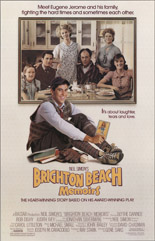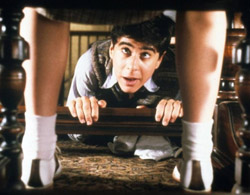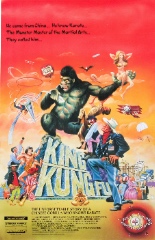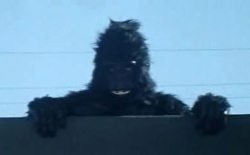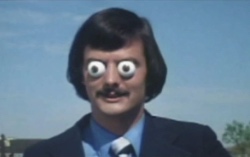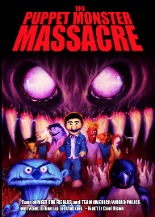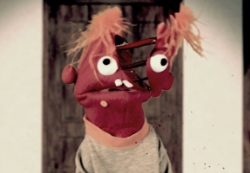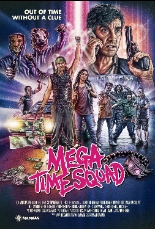
 My recent throat surgeon was from New Zealand, and even though he was completely no-nonsense, I kept waiting for him to crack a simplistic joke, mostly because the night before my pre-op, I watched the guffaw-getting Mega Time Squad, the new temporal-twisting flick from Tim van Dammen, the director of the trailer-park musical Romeo and Juliet: A Love Song.
My recent throat surgeon was from New Zealand, and even though he was completely no-nonsense, I kept waiting for him to crack a simplistic joke, mostly because the night before my pre-op, I watched the guffaw-getting Mega Time Squad, the new temporal-twisting flick from Tim van Dammen, the director of the trailer-park musical Romeo and Juliet: A Love Song.
Low-level neighborhood criminal John (Anton Tennet) wreaks polite havoc in the small town of Thames, New Zealand, famous for its tourist-trap outdoor toilet. When he’s politely betrayed by his best friend over a few dollars worth of stolen Chinese money, he uses an ancient Asian amulet, politely stolen in the same robbery, to go back in time, a few minutes at a time.
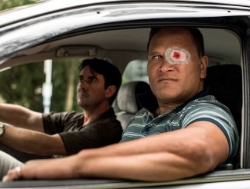 Much like the far more serious Timecrimes, various incarnations of John run into each other, eventually teaming up to become the titular Mega Time Squad, despite that fact it could resurrect an infernal demon hellbent on destroying the time-space continuum unless all the replicas themselves are killed in outlandishly gory ways.
Much like the far more serious Timecrimes, various incarnations of John run into each other, eventually teaming up to become the titular Mega Time Squad, despite that fact it could resurrect an infernal demon hellbent on destroying the time-space continuum unless all the replicas themselves are killed in outlandishly gory ways.
With help from his polite, suicide bomb vest-making girlfriend, Kelly (Hetty Gaskell-Hahn), John has to not only defeat the area crime team made up of locals working their way through night school, but also the so-called Triads and an army of increasingly irritated Johns, as piss-poor shots from .22s injures eyes, well-aimed slingshots cause major welts and explosions galore, all done in very dry, very clever and very polite ways, all with absolutely no meaning.
Come to think of it, my throat surgeon — a qualified man of medicine — was also very polite. —Louis Fowler

 Take one middle-aged misanthrope with a block of ice where a heart should be. Mix in one child with unconventional social skills. Shake lightly. Let simmer for 90 minutes, give or take.
Take one middle-aged misanthrope with a block of ice where a heart should be. Mix in one child with unconventional social skills. Shake lightly. Let simmer for 90 minutes, give or take. Wise beyond her years and awkward as a three-dollar cryptocurrency, Maddie desperately seeks a familial connection that neither her parents nor Kate can provide. Mom and Dad (
Wise beyond her years and awkward as a three-dollar cryptocurrency, Maddie desperately seeks a familial connection that neither her parents nor Kate can provide. Mom and Dad (